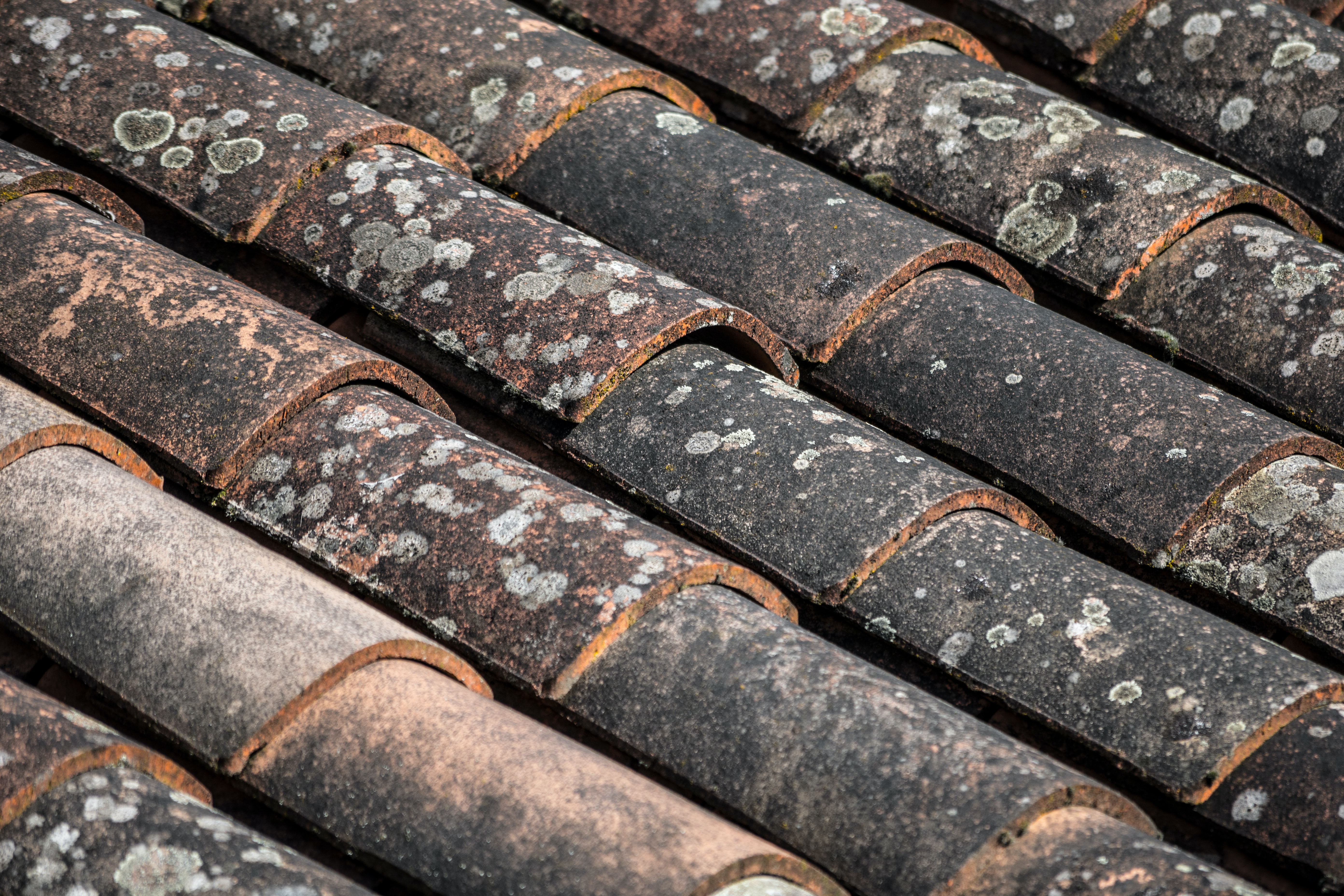 How Cold Weather Affects Your Roof
How Cold Weather Affects Your Roof
Extreme weather can be a challenge to your roof at any time of the year, but the winter months tend to be the worst. If this December is anything to go by, we look to be in for a hard winter, so it’s vital to make sure your roof is ready for it.
How Rain Affects Your Roof
Even if the winter isn’t particularly harsh, it’s almost certain that there’ll be plenty of rain. The constant pounding of rain can damage the roofing materials, and this becomes a lot worse if the water is allowed to pool on the roof, cracking tiles and working its way through the slightest gap.
This is why it’s vital to make sure the gutters and downpipes are in good condition. This allows the water to run off efficiently and be directed down into the drain. If either is clogged up with leaves or other debris, the water will build up on the roof, while cracks will mean it won’t go down the drain and can damage the building’s structure.
How Snow Affects Your Roof
Snow on the roof is like water but turned up to eleven. The problem is that snow doesn’t run off until it’s completely melted, so it builds up — and snow is heavy, allowing it to easily crack your tiles. Read here how you can prepare your roof for winter.
However, clearing snow off the roof isn’t as easy as it might seem. Many people try to use regular snow rakes, but this can scratch and damage the roof. You need specialist equipment to clear snow off the roof safely, so it’s best to call in the experts.
How Ice Affect Your Roof
If the water that falls on your roof freezes, the danger can go up to a whole new level. Ice is even heavier than snow, risking damage, but it also expands as it freezes.
That means that, if the water has got into any slight crack or under a tile, it will make the hole bigger. Then, the next time it rains, the water will get into the roof space and can eventually cause dampness and mould in your home, as well as rotting the timbers.
How Wind Affects Your Roof
High winds, often freezing cold, are common in winter, as we saw last February, and these too can batter your roof. Wind can move tiles and even lift them up, creating a chain reaction of damage.
Your best defence against all the battering of cold weather on your roof is to inspect it regularly — especially after storms, high winds, heavy rain or snow. You can view it from outside, either up close or through binoculars, and also check from inside the roof space for tell-tale pinpricks of light that reveal holes.
And, of course, get any damage repaired by professionals as soon as you notice it. Give us a call for any help you need with your roof — whatever the weather.









